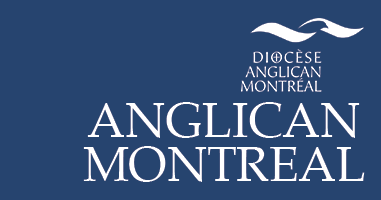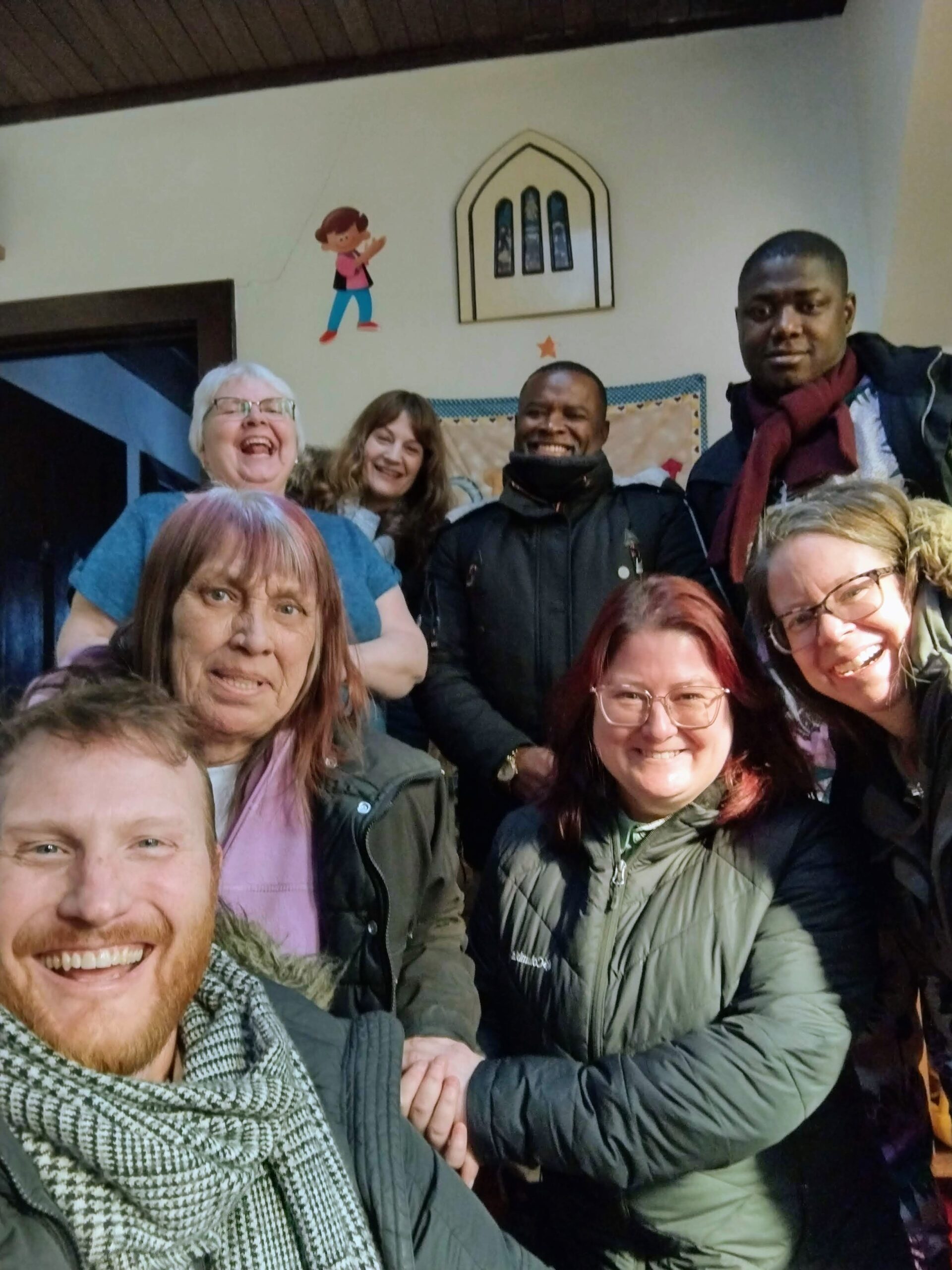In preparation for Montreal Dio’s 150th anniversary, I spent a fair amount of time digging around in the diocesan archives. On social media, I shared amusing stories from the earliest college magazine around the turn of the 20th century, silly pictures from freshman initiation nights from the 1960s, poems and comics from old college publications, and historical tidbits that exemplify positive changes in the culture of the church.
But for every piece of college history I shared, there were countless magazine columns and student recollections that I chose not to share and that did not feel worth celebrating. Much of them centred on one word: mission.
College magazines published in the late 19th and early 20th century often had articles about preparing students for mission that were full of the colonial rhetoric that was characteristic of the time. Although it is not surprising to find this rhetoric in publications from that period, it is certainly cause for deeper reflection when we encounter it so explicitly in the institutions we continue to inhabit and celebrate 150 years on.
It is one thing to know on a general level that the Anglican Church was implicit in the attempted cultural genocide of Indigenous people. It is another thing to read, as I did in vol. 8 no. 6 of the The Montreal Diocesan Theological College Magazine (1900), an urgent call for missionaries to the Diocese of Moosonee “because the Indian must be prepared for larger civilization and the Gospel is the best preparation.”
With the benefit of hindsight, it is easy to think: “well, we know better now”. An anniversary is a time to interrogate that thought and to really consider the questions: “How far have we come, really?”, “In what ways are we still falling short?” and “How can we do better?”
Anglicans today inherit a legacy of growth and change with regards to mission that began in the mid 20th century. In 1963, Anglicans around the world formalized a commitment to re-imagine mission in the Mutual Responsibility and Interdependence manifesto unveiled at the 1963 Anglican Congress in Toronto.
What does this mean exactly? It means the church recognized that mission is not one sided and that relationship and mutual learning should in fact be at the centre of mission work. It means the church began to conceptualize a framework for mission that does not deploy salvation as an excuse for hatred or cultural genocide.
Under the MRI framework, mission brings us into deeper relationship with the church and Jesus Christ not in converting but in observing, listening, and learning from the other. Since 1963, MRI and its implementation have been criticized for not addressing the structural considerations that get in the way of mutuality (ingrained hierarchies within the church, structural racism, and a culture of failing to listen, for example). However, it continues to articulate a vision of mission that is in keeping with the gospel of Jesus and is therefore worth striving towards despite our failings.
I recently spoke with The Rev. John Barton who graduated from Dio in 1957. John spent decades of his life working in mission first as a missionary in Uganda and then as the Director of World Missions. I asked him what he thought was the most important thing theological schools could do to reconcile the harms perpetrated by the church through mission. His response was simple: “It’s being present with people who wish to be present with you that brings about change.”
He recalled a classmate from India who he studied alongside during his years at Dio. “When you have a Christian from another culture with you for two years, it has its impact. His presence, more than any teaching, was what really counted.” He brought this experience into his mission work in Uganda, where he was stationed from 1960 to 1968 as a teacher at a theological school. “I came to understand how the Gospel transcends culture and is able to unite people. I had not understood that before.”
He learned new ways of experiencing Christ and came away transformed and able to see the Gospel with fresh eyes, not because of what he had done for others, but because of how he had allowed others to transform his spirit.
Theological schools play a key role in the church’s continual re-shaping of Christian mission, not only because they form the future leaders of the church but also because of the tremendous opportunity they provide for intercultural dialogue. More and more students are coming to theological colleges in Canada from Asia and Africa where the Church is growing. And as the church declines here in Canada, ecumenism becomes the way of the future.
Over half of the students at Dio this year are from outside of Canada. We have students from Nigeria, Haiti, Rwanda, France, Tanzania, and South Korea in addition to Canada and the United States. Our students come from Pentecostal, Catholic, Methodist, Anglican, Lutheran, and United Church backgrounds.
One no longer has to go abroad to experience the kind of transformative presence that John Barton described as having the capacity to heal the church. One only needs to listen to the diverse voices in our churches and local communities.
At Dio, active presence with one another in study, in worship, over shared meals, struggles, and joys, is something we are working to make the centrepiece of life at the college. This is not without its challenges. We have struggled to order food that is appetizing to all members of the community, to plan community events that don’t just appeal to white westerners, to find liturgical music that suits everyone’s spiritual needs. The list goes on.
But with every mistake, we are learning. We have learned new songs from each other around the campfire at our year-opening retreats, increased the flexibility of our community liturgies, found regular caterers who meet the various tastes of our students.
Dio students are still going to the Diocese of Moosonee, but it is now as part of an intercultural encounter to listen and learn from the Cree people of Waswanapi. We have learned that welcome is not just about extending an invitation, it is about compromising one’s own comfort. It is not just about opening a door, but about expanding the boundaries of the room.
As our 150th academic year comes to a close, our prayer for the next 150 years is this: that we open our arms, but do not close them. That we listen more than we speak. That we taste new flavours and learn to like them. That we hear new songs and learn to sing them. That we question the rules we take for granted and listen to the wisdom of those who do not know the rules. That we do not seek to transform the other, but that we let ourselves be transformed by them.


